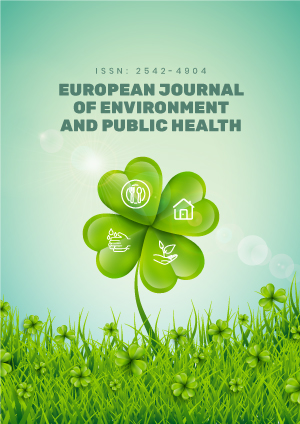Abstract
Objectives: This study aimed to investigate the predictive role of parental personality traits on parenting styles.
Methods: Using a systematic sampling method, a total number of 617 couples with 6-12 years old child living in northeastern Iran, were recruited. The data were collected via the Robinson Parenting Styles & Dimensions Questionnaire, Goldberg’s Big-Five Personality Inventory, and a socio-demographic form.
Results: Results indicated that (a) in mothers and fathers with increasing the personality traits such as emotional stability, and openness to experience, authoritarianism was decreased and authoritativeness was increased, (b) when mothers and fathers have more conscientiousness, emotional stability, and openness to experience, permissiveness was decreased, (c) when fathers have more extraversion, and conscientiousness, authoritarianism, and authoritativeness were increased respectively,(d) in mothers with agreeableness and conscientiousness, authoritativeness was shown,(e) in mothers with increasing openness to experience, permissiveness was decreased.
Conclusions: This study indicated mother–father differences in personality traits leads to a different typology of parenting styles for their children. Hence, the assessment of parenting styles should be an important focus for evaluation in parents with different personality traits and vice versa, when parental personality traits are investigated, attention to parenting styles should be essential.
License
This is an open access article distributed under the Creative Commons Attribution License which permits unrestricted use, distribution, and reproduction in any medium, provided the original work is properly cited.
Article Type: Research Article
EUR J ENV PUBLIC HLT, Volume 4, Issue 2, 2020, Article No: em0041
https://doi.org/10.29333/ejeph/8215
Publication date: 28 Apr 2020
Article Views: 4648
Article Downloads: 4800
Open Access References How to cite this article
 Full Text (PDF)
Full Text (PDF)